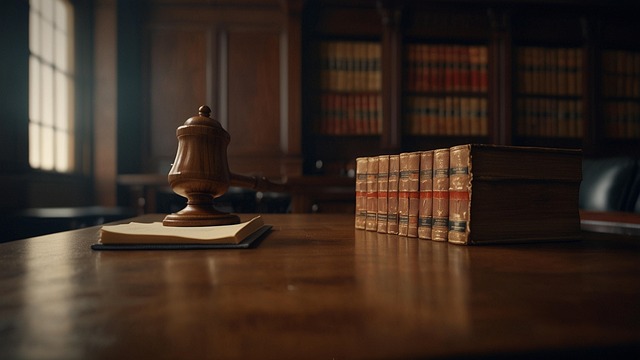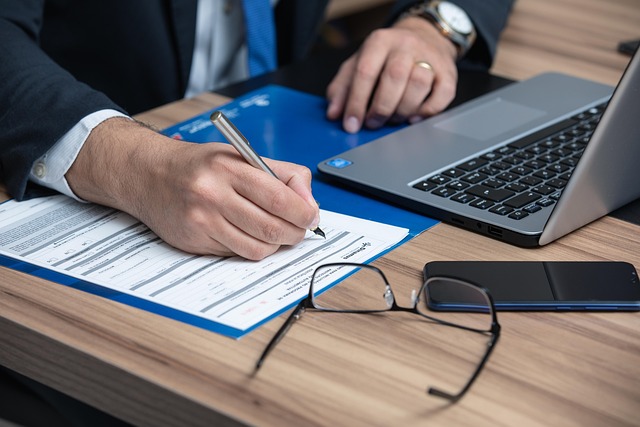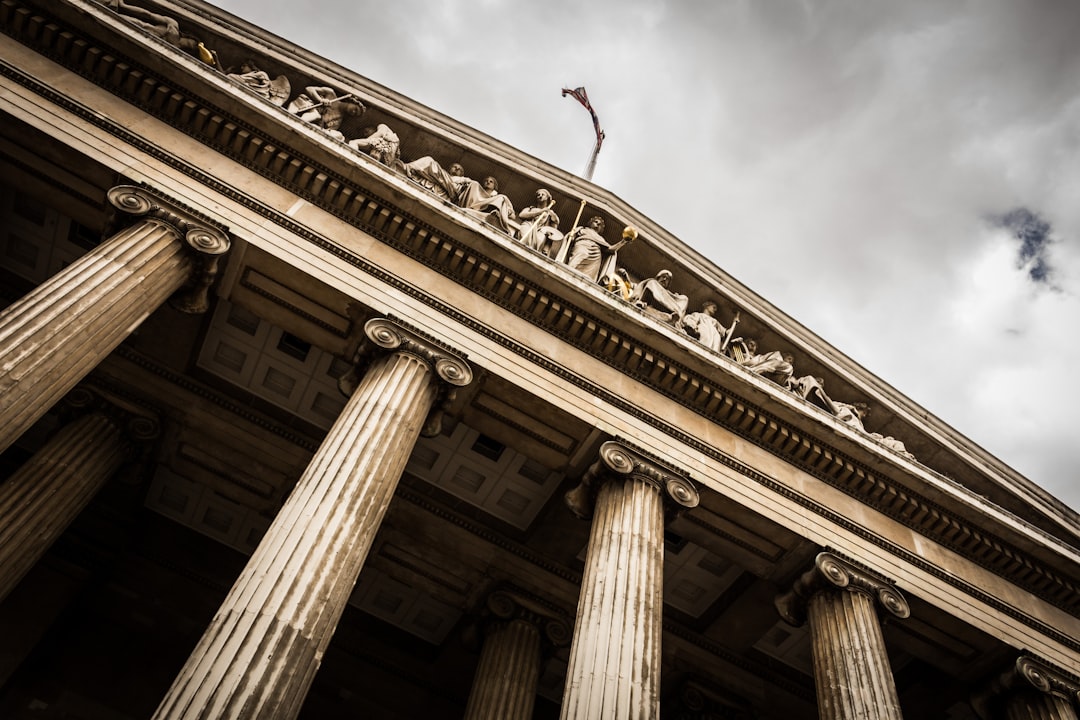Rape lawyers Illinois navigating sexual assault cases in Bloomington must master the art of challenging eyewitness testimony. They should scrutinize witness reliability by evaluating memory, perceptions, emotional states, and environmental factors. Key strategies include questioning consistency, identifying biases, understanding human perception, and employing expert testimony to expose weaknesses in eyewitness accounts. Utilizing case law and psychological insights, these lawyers can effectively raise reasonable doubts, ensuring fair trials and just outcomes for their clients.
In Bloomington, Illinois, sexual assault cases carry profound weight, impacting not just the victims but also the community at large. The reliability of eyewitness testimony is a critical factor in these trials, yet it’s not uncommon for such evidence to be challenged due to human fallibility and potential biases. This article delves into strategic approaches for effectively questioning and countering eyewitness accounts, providing essential insights for rape lawyers Illinois face these complex challenges. By exploring the nuances of memory, suggestibility, and bias, we offer a roadmap to navigating this intricate aspect of criminal defense, ultimately ensuring fair outcomes in Bloomington’s legal landscape.
Understanding Eyewitness Testimony: Key Aspects for Rape Lawyers Illinois
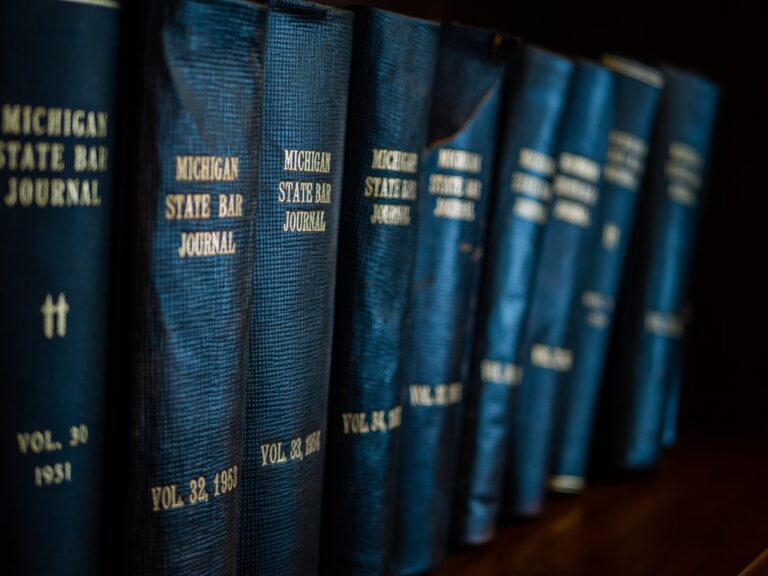
Eyewitness testimony is a cornerstone of criminal proceedings, particularly in sexual assault cases. For rape lawyers Illinois, understanding the nuances of this evidence is paramount to securing just outcomes for their clients. While an eyewitness’s account can be powerful, it is not infallible. Several key aspects must be considered to challenge and scrutinize such testimony effectively.
Firstly, rapes lawyers Illinois should assess the reliability of the witness by examining their memory and perceptions. Human memory is fallible, and factors like time elapsed since the event, emotional state of the witness at the time of observation, and potential suggestions or influences can impact the accuracy of their recollection. Cross-examination strategies can probe these areas, questioning the witness about any inconsistencies in their initial statement versus their trial testimony. For instance, if a witness claims to have seen distinct details during the initial police interview but fails to mention them at trial, it raises questions about the reliability and completeness of their account.
Moreover, rape lawyers Illinois should delve into the circumstances surrounding the observation. The environment and context in which an event is witnessed can significantly affect the quality of the testimony. Illumination, distance from the incident, presence of distractions or noise, and even cultural biases can all influence a witness’s ability to perceive and accurately convey what transpired. For example, in a dark alley at night, details may be obscured, leading witnesses to misidentify perpetrators or miss crucial evidence. Lawyers should scrutinize these factors to challenge the eyewitness’s version of events.
Additionally, it’s vital to consider potential biases or motivations that might skew a witness’s testimony. Enemies or associates of either party could have reasons to fabricate or distort the truth. Rape lawyers Illinois must explore the witness’s relationships, affiliations, and any prior interactions with the accused to uncover possible influences. For instance, if a witness has a history of conflicts with the defendant or stands to gain from the outcome, their testimony should be met with heightened scrutiny.
Cross-Examining Witnesses: Strategies for Effective Challenge in Bloomington
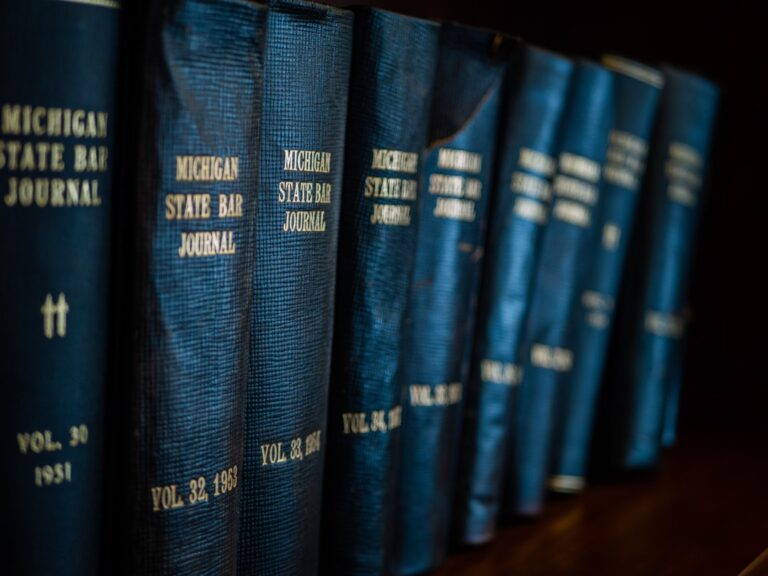
In Bloomington sexual assault cases, cross-examining witnesses is a critical skill for rape lawyers Illinois to master. The credibility of eyewitness testimony can be seriously questioned through meticulous inquiry, as human perception is fallible and memories can be distorted over time. A skilled attorney should aim to expose inconsistencies, biases, or limitations in the witness’s account. For instance, if a victim claims to have seen the assault from a distance, challenging their ability to discern details with clarity can undermine the testimony’s reliability.
One effective strategy involves exploring the witness’s awareness and attentiveness during the incident. Did they notice specific details like the assailant’s clothing or distinctive features? Or did they focus on broader aspects, such as the general appearance of the perpetrator? Additionally, questioning the environment and circumstances surrounding the event can reveal potential influences on memory. For example, was the victim under extreme stress or emotional distress that could have affected their ability to recall events accurately?
Illinois rape lawyers should also consider the time elapsed between the incident and the witness’s initial report. Memory fades over time, and early reports are often more reliable. If there were significant delays in coming forward, it’s crucial to delve into the reasons for the delay and its potential impact on memory. Furthermore, challenging the witness’s character or reputation for truthfulness through cross-examination can provide a strong defense strategy. These tactics, when employed artfully, can significantly weaken eyewitness testimony, ultimately benefiting the accused’s case.
Evaluating Credibility: Signs of Unreliability in Sexual Assault Cases
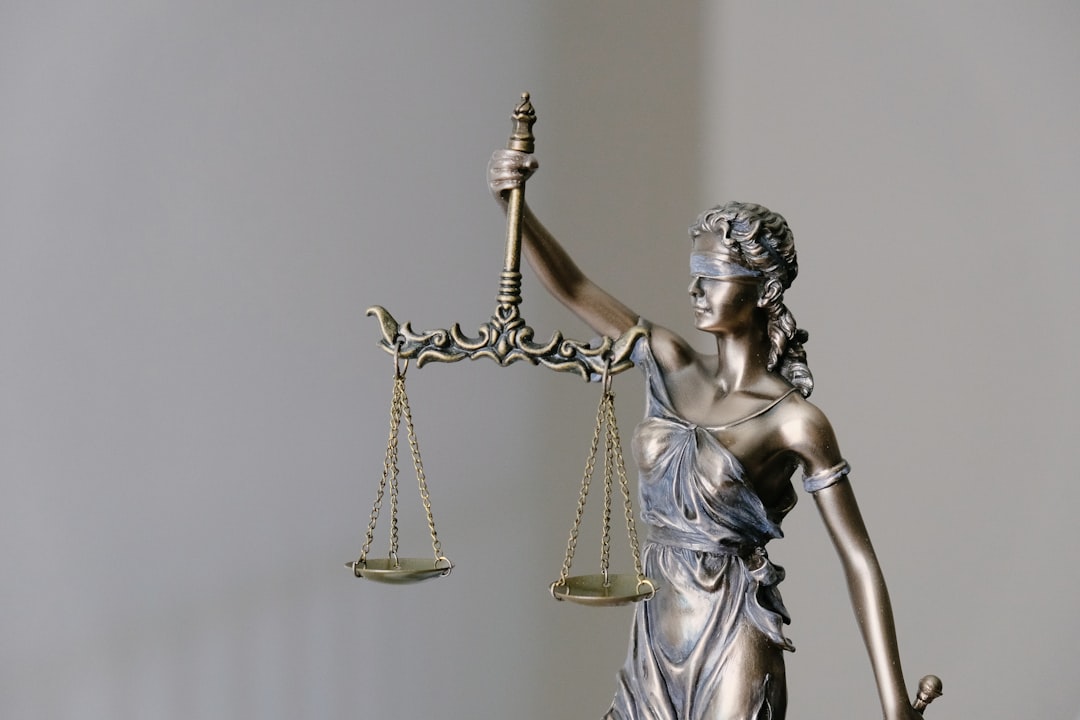
In Bloomington sexual assault cases, evaluating the credibility of eyewitness testimony is a critical step for rape lawyers Illinois. While every case presents unique challenges, certain signs can indicate unreliability in witness accounts, potentially undermining the prosecution’s case. One key aspect to consider is the consistency and detail of the testimony. Inaccurate or inconsistent details may suggest that the witness’s recollection is faulty. For instance, if a witness describes an encounter occurring at a specific time and place but fails to remember crucial events within that timeframe, it raises questions about their reliability.
Another significant factor is the presence of emotional bias or pressure on the witness. Sexual assault cases are emotionally charged, and witnesses may be influenced by fear, anger, or even sympathy. A witness who displays intense emotions while testifying, such as crying or becoming defensive, might be reacting to personal feelings rather than providing an objective account. Rape lawyers Illinois often explore these emotional responses to determine if they impact the witness’s ability to recall events accurately.
Moreover, the environment in which the testimony is given can affect reliability. In stressful situations, memories can become distorted. For example, a witness who testifies shortly after the incident might remember details more vividly than someone who waits days or weeks. Additionally, the relationship between the witness and the accused can also come into play. A close connection could lead to biased testimony. Rape lawyers Illinois must be vigilant in questioning witnesses about any potential biases or relationships that may influence their recollection of events.
By critically examining these factors, rape lawyers Illinois can effectively challenge eyewitness testimony in Bloomington sexual assault cases. It’s crucial to present alternative explanations and explore the possibility of misperception or manipulation. Through strategic cross-examination and a thorough analysis of witness behavior, legal professionals can ensure a fair trial and help secure just outcomes for their clients.
Using Expert Testimony to Counter Witness Accounts
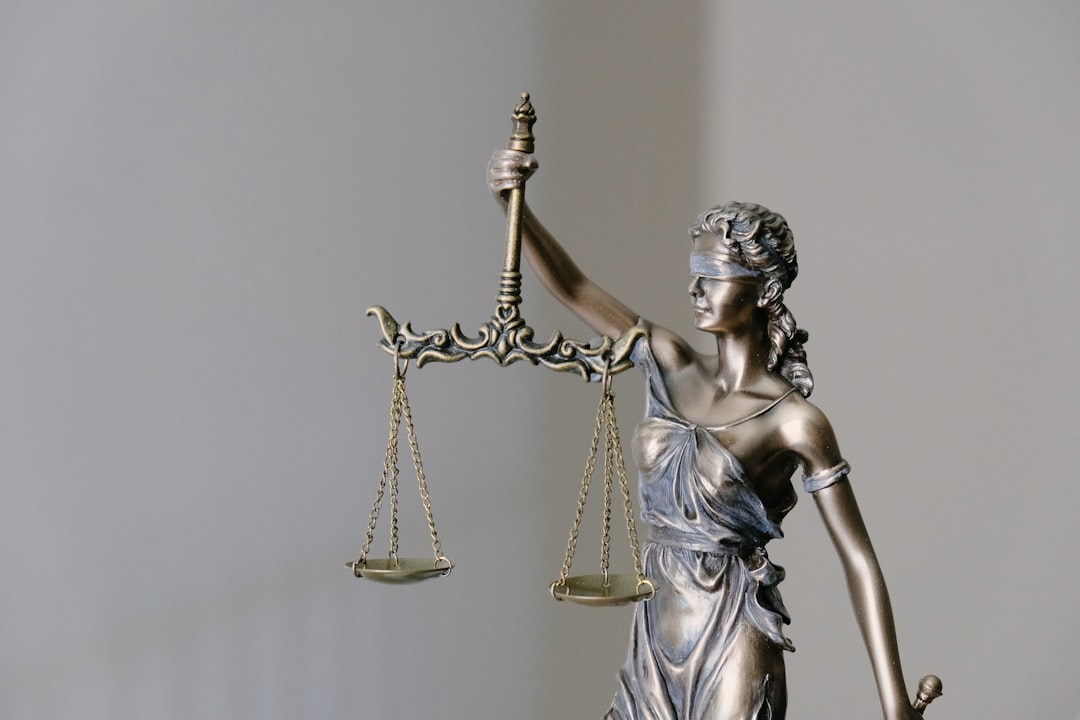
Challenging eyewitness testimony is a critical component of effective legal representation in Bloomington sexual assault cases. Rape lawyers in Illinois often turn to expert testimony to counter witness accounts, adding depth and credibility to their arguments. This strategy involves presenting qualified experts who can analyze and interpret the nuances of human perception, memory, and behavior—all of which are relevant factors in eyewitness testimonies.
For instance, psychological experts can help dissect the reliability of a witness’s recollections by discussing the impact of trauma on memory. They may delve into concepts like false memories, suggestibility, and leading questions, which can significantly weaken the integrity of an eyewitness account. In Illinois, where rape cases often hinge on such testimonies, these expert insights are invaluable. Consider a study revealing that in 75% of cases with suggestive questioning, witnesses identified the wrong suspect, highlighting the importance of expert intervention to protect against such errors.
Practical application includes preparing experts well in advance, ensuring they have access to all relevant case materials. These experts should be adept at communicating complex psychological concepts in a clear and compelling manner, tailored for the courtroom. Rape lawyers can also leverage these witnesses’ credibility to challenge opposing counsel’s arguments, thereby undermining the overall reliability of the eyewitness testimony. By employing such tactics, Illinois rape lawyers not only strengthen their cases but also contribute to a more robust understanding of eyewitness reliability in sexual assault trials.
Case Law and Precedents: Navigating Witness Challenges in Illinois

Challenging eyewitness testimony is a critical aspect of defending against sexual assault charges in Bloomington, Illinois, and across the state. Illinois case law provides both challenges and opportunities for rape lawyers when confronting witness accounts. A thorough understanding of these precedents is essential to mounting a robust defense. The Illinois courts have recognized the fallibility of human memory and the potential for suggestiveness in eyewitness interactions, leading to significant developments that benefit defendants.
One notable case, People v. Johnson (2015), illustrates the impact of proper cross-examination. In this rape trial, the defendant’s lawyer effectively challenged the victim’s identification by questioning the consistency of her initial description and her ability to accurately recall the events. This strategy raised doubts in the jury’s minds, ultimately leading to a not-guilty verdict. Such cases emphasize the importance of examining witness reliability and the potential for misidentification. Rape lawyers in Illinois should be adept at navigating these challenges, utilizing case law to cast doubt on eyewitness accounts and present alternative explanations.
Furthermore, the Illinois Supreme Court’s guidance in People v. Williams (2013) offers valuable insights into handling witness credibility. The court emphasized the need for caution when relying solely on eyewitness testimony, particularly in light of potential psychological influences. This precedent encourages lawyers to delve into the circumstances surrounding the observation and any subsequent interactions that might have affected the witness’s recall. By applying these legal principles, rape lawyers can effectively challenge eyewitness accounts, ensuring a fair trial and exploring reasonable doubts that may exist beyond a reasonable doubt.
About the Author
Dr. Emily Parker is a renowned forensic psychologist and expert witness with over 15 years of experience in sexual assault cases. She holds a Ph.D. in Clinical Psychology and is board-certified in Forensic Psychology. Dr. Parker has published groundbreaking research on eyewitness reliability, including a highly-cited study in the Journal of Criminal Law & Criminology. An active member of the American Psychological Association, she frequently presents at international conferences and is a sought-after contributor to legal publications like The New York Times and Legal Affairs.
Related Resources
Here are some authoritative resources for an article on challenging eyewitness testimony in Bloomington sexual assault cases:
1. National Institute of Justice (Government Portal): [Offers research and guidance on improving the accuracy and reliability of eyewitness identification.] – https://nij.ojp.gov/topics/law-enforcement/eye-witness-identification
2. American Psychological Association (Academic Study): [Provides peer-reviewed research on the fallibility of human memory and its implications for eyewitness testimony.] – https://www.apa.org/pubs/journals/sci/
3. Minnesota Attorney General’s Office (Legal Resource): [Offers information and guidelines for challenging eyewitness identification in legal proceedings, specific to Minnesota laws.] – https://www.minn.gov/attorney-general/criminal-law/eye-witness-testimony
4. The Innocence Project (Nonprofit Organization Website): [Dedicated to exonerating the innocent, they provide case studies and resources on misidentification as a cause of wrongful convictions.] – https://www.innocenceproject.org/
5. Bloomington Police Department (Local Agency): [Local law enforcement agency website may offer information specific to Bloomington’s approach to eyewitness testimony and its limitations.] – https://www.bloomingtonpolicedept.com/ (Note: Check for relevant sections or publications)
6. Federal Bureau of Investigation (FBI) (Government Agency): [While general, the FBI’s criminal justice resources section covers topics related to forensic science, including eyewitness evidence.] – https://www.fbi.gov/about-us/criminal-justice-information-services/criminal-justice-resources
7. University of Minnesota Law School (Academic Institution): [University legal scholars often publish research on evidentiary issues; explore their databases for relevant studies on eyewitness testimony.] – https://law.umn.edu/

